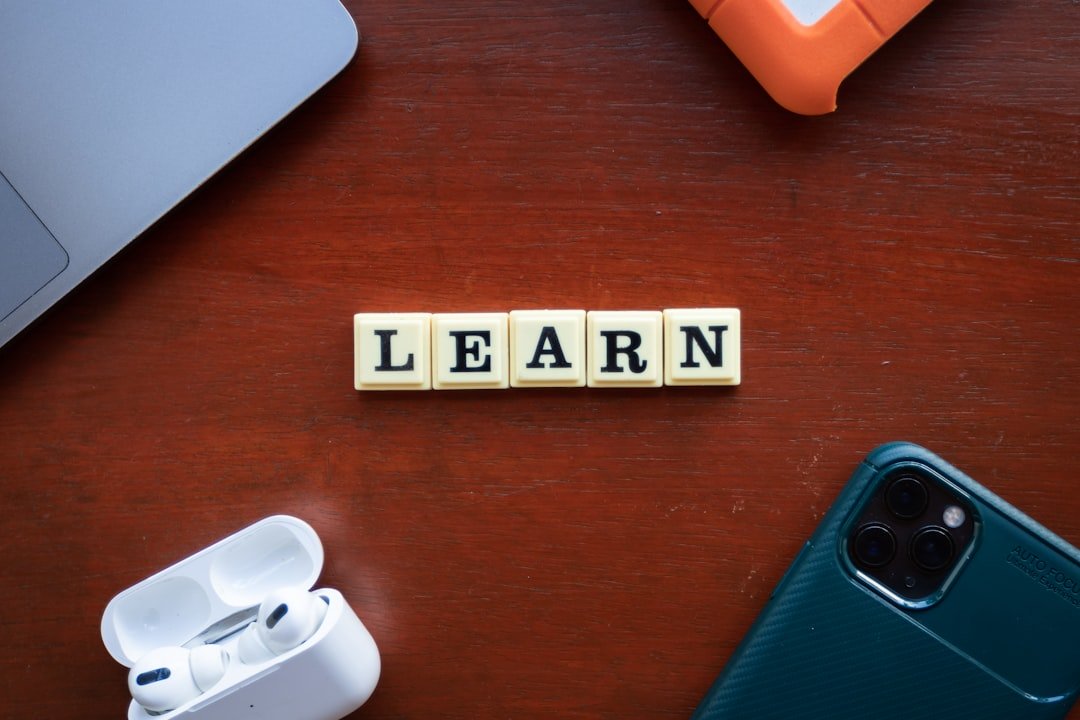
I used to think learning new things was just for "smart" people.
Honestly. I spent years with a scattered mind. It jumped from video games to junk food to endless scrolling. The idea of sitting down to learn a new skill felt impossible. My brain was trained for cheap dopamine hits not deep focus. If you've ever felt that way—like you want to grow but your own mind is working against you—I get it. I’ve been there.
But I discovered a secret. Quick learning isn’t about being a genius. It’s about having the right tools. It’s about working with your brain instead of fighting against it. After I finally broke free from my bad habits and started building a life with purpose I had to learn how to learn all over again.
These are the simple techniques that changed everything for me. No complex theories. Just practical stuff that works.
My 10 Go-To Learning Techniques
Here are the strategies I use to pick up new skills without getting overwhelmed.
-
Focus in Short Bursts
Forget studying for eight hours straight. It doesn’t work. Our brains aren’t built for it. I found my sweet spot is 2–4 hours of deep, focused work a day. I turn off my phone put it in another room and set a timer. For those few hours I’m completely locked in. This is how I built my business and how I learn anything new. It’s about the quality of your focus not the quantity of your hours. -
Teach It to Someone Else
This is the ultimate test of your knowledge. If you can’t explain something simply you don’t understand it well enough. When I’m learning something new I try to explain it to my wife or a friend. You can even just say it out loud to yourself. The act of organizing your thoughts to teach someone else is where the real learning happens. It reveals all the gaps in your understanding. -
Test Yourself Constantly
Reading a chapter over and over is one of the least effective ways to learn. It feels productive but it’s a trap. Instead you need to practice active recall. That just means pulling the information out of your brain. Use flashcards. Try practice problems. Cover up the definitions and try to remember them. It might feel harder but it’s what actually builds strong memories. -
Break It Down into Tiny Pieces
Looking at a huge new subject is intimidating. Want to learn a new language? Don’t think about the whole language. Just learn how to say hello. Then learn how to ask "How are you?". Want to build a website? Don’t think about the entire project. First learn how to make a headline. Break any big goal into tiny manageable steps. This builds momentum and keeps you from quitting. -
Connect It to What You Already Know
Your brain learns new things by linking them to old things. When you encounter a new idea ask yourself: What does this remind me of? How is this similar to something I already understand? Creating these mental bridges makes information stick. It’s like adding a new hook to a wall that’s already full of them. -
Find the Core 20%
In almost any subject 20% of the material will give you 80% of the results. This is the Pareto Principle. Before you dive deep find the fundamental concepts. In a language it might be the top 100 most common words. In a software program it might be the 5 key features you’ll use every day. Master the essentials first. You can fill in the details later. -
Use Your Hands
Don’t just read or watch. Do something. If you’re learning to code write code. If you’re learning to cook get in the kitchen. If you’re learning about history draw a timeline. Engaging your body and your senses creates a much stronger memory. Learning should be active not passive. -
Take Real Breaks
When you take a break don’t just switch from one screen to another. Scrolling social media isn't a real break. It just floods your brain with more information. A real break is a reset. Stand up. Stretch. Walk outside for five minutes. Drink a glass of water. Let your mind rest completely so you can come back to your task refreshed. -
Get Good Sleep
This one is non-negotiable. Your brain organizes and stores information while you sleep. You can study all day but if you pull an all-nighter you won’t remember half of it. I used to sacrifice sleep for gaming and I paid the price in every area of my life. Now I protect my sleep. It’s the foundation for good health good focus and good learning. -
Embrace Imperfection
You are going to make mistakes. You are going to forget things. You are going to have days where you feel like you’re not making any progress. That’s part of the process. The goal isn’t perfection. The goal is to show up and try. Each small effort is a win. Celebrate it.
Learning is a gift. It’s a way to grow into the person God created you to be using the mind He gave you. It doesn’t have to be a grind. It can be an exciting adventure when you have the right map.
So let me ask you: What’s one small thing you’ve been wanting to learn?
Pick just one technique from this list and give it a try this week. Don’t wait for the perfect moment. Just start.





